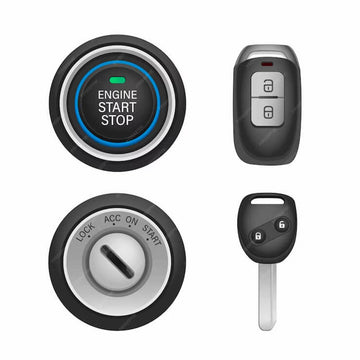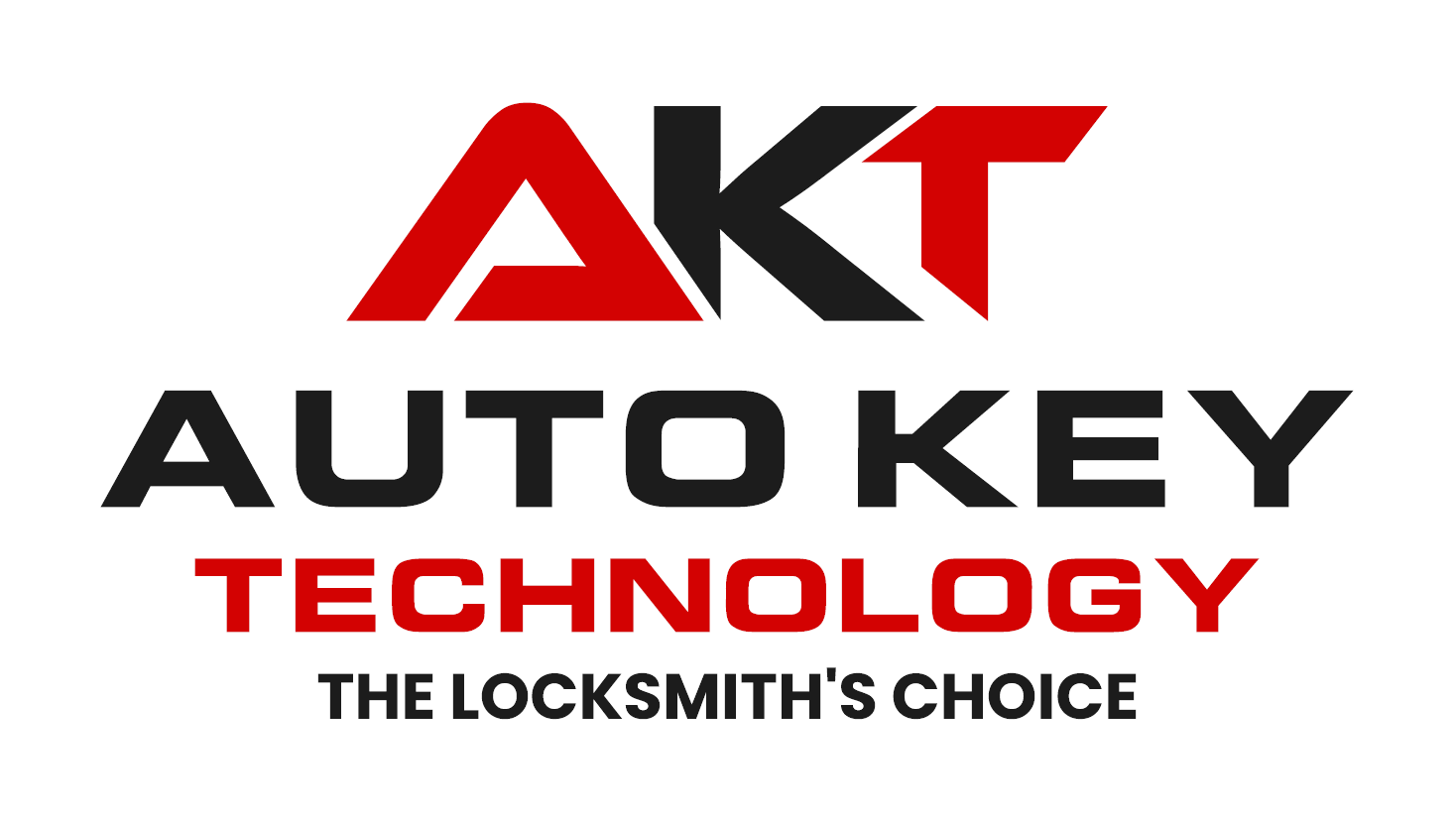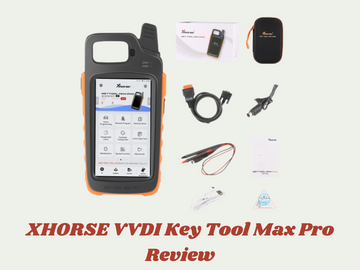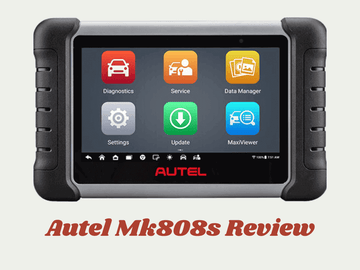
Remember the satisfying clunk of turning a key? That familiar tactile feedback, the almost ritualistic act of starting your car? Or perhaps you're more attuned to the futuristic whoosh of a button start, a seamless and modern experience? The automotive world has evolved at breakneck speed, and how we start our cars is no exception!
Today, we're diving deep into the Push To Start vs Key debate. This isn't just about personal preference; it's about understanding the nuances of convenience, security, cost, and overall functionality.
We'll break down the pros and cons of each, giving you the information you need to decide which system truly revs your engine and aligns with your driving needs. Forget generic comparisons – we're getting into the nitty-gritty!
To kick things off, here's a quick, at-a-glance overview:
|
Feature |
Push-Button Start (Keyless) |
Traditional Key Ignition |
|
Convenience |
Hands-free access; no more fumbling! |
Requires physical insertion and turning. |
|
Security |
Encrypted signals, potential for advanced tech. |
Physical key as a deterrent, simpler mechanics. |
|
Cost |
Can be pricier to repair/replace. |
Generally more affordable. |
|
Battery Blues |
Relies on fob battery – dead fob, no start! |
No battery needed! |
|
Duplication |
Tricky to duplicate – good for security, bad for lost fobs! |
Easier to duplicate, but also easier to compromise. |
|
Theft Risks |
Relay attacks possible (but evolving tech fights back!). |
Hot-wiring is a risk (but older tech!). |
|
Tech Level |
Ultra-Wideband (UWB), Biometrics – The future is now! |
Transponder chips, laser-cut keys – Tried and true! |
Push-Button Start: The Tech-Savvy Starter

Forget the physical key! Instead, think of it as a secret handshake. A fob (that little electronic doohickey in your pocket or purse) sends a coded "hello" to your car, verifying your identity. If the car recognizes the signal, a simple press of a button brings the engine to life – vroom! This key vs push button start system has become increasingly prevalent in modern vehicles, offering a seamless starting experience.
The Perks: Embracing the Modern Age
Unrivaled Convenience:
Imagine this: You're juggling bags of groceries, a wriggling toddler, and your phone. With a keyless system, just approach the car, open the door (often automatically!), and push to start. No more frantic digging for keys in the depths of your bag! Key ignition vs push button in this scenario: push-button start wins. Keyless Go systems offer an unmatched level of convenience by automating the unlocking and engine start/stop functions of the vehicle, enabling a fully hands-free experience.
Packed with Cool Features:
Beyond just starting the car, push-button systems often unlock a suite of advanced features. Think remote start (perfect for pre-heating or cooling the car on extreme days), personalized driver settings (seat position, mirror angles, radio presets), and even keyless entry that unlocks the doors as you approach. These features add a layer of luxury and customization to your driving experience.
Enhanced Security (Potentially...):
In theory, encrypted signals and rolling security codes make push-button systems more resistant to traditional theft methods. Modern systems utilize sophisticated algorithms to prevent unauthorized access. However, as we'll discuss, this security isn't foolproof. It is generally more difficult to steal a car with a push-button start than it is an old-fashioned keyed ignition.
The Downsides: The Price of Progress
Battery Dependence:
That sleek little fob relies on a battery, and when that battery dies, you're stranded. While most cars will provide a warning, it's easy to overlook. It's always a wise decision to have a spare battery with you.
Complexity = Cost:
All that advanced technology comes at a price. When something goes wrong with a keyless system, repairs can be significantly more expensive than fixing a traditional key ignition. Replacing a lost or damaged fob can also be a costly affair. Repairing or replacing could end up being pricier.
Relay Attacks:
This is where things get tricky. Relay attacks involve thieves using signal amplifiers to intercept and amplify the signal from your fob, even when it's inside your house. This allows them to trick the car into thinking the fob is nearby, unlocking and starting the vehicle. Automakers are constantly working on countermeasures, such as motion sensors in the fob and more sophisticated encryption, but it remains a persistent threat. While push-button start systems are generally more secure, they are vulnerable to sophisticated relay attacks.
Key Ignition: The Reliable Classic - A Timeless Approach

Simple, straightforward, and undeniably reliable. The key ignition is the time-tested method we all know and understand. Insert the key, turn it, and the engine roars to life. It's a mechanical process that has remained largely unchanged for decades.
The Perks: The Enduring Appeal of Simplicity
Unwavering Reliability:
In a world of increasingly complex technology, the key ignition offers a refreshing sense of dependability. There are no batteries to worry about and no software glitches to contend with. It simply works every time.
-
Affordable and Accessible: Repairs and replacements are generally cheaper than the alternatives.
-
Simplicity is Key: With fewer parts and no complex programming, fewer things can go wrong. It's a testament to the enduring power of simple, effective design.
The Downsides: Falling Behind the Times?
Inconvenience in a Keyless World:
Let's be honest: fumbling for keys in your pocket or purse can be a pain, especially when your hands are full. It's a small inconvenience, but it's one that many modern drivers are happy to leave behind. Push to Start could be beneficial for individuals with mobility challenges or hand strength issues, as it lessens the physical exertion needed to begin a vehicle in comparison to conventional keys.
Security Risks:
Traditional key systems are more vulnerable to certain types of theft. Key duplication is relatively easy, and older cars are susceptible to hot-wiring. These vulnerabilities make them a less secure option in today's world. In situations involving car theft, traditional key systems can be vulnerable to compromise through key duplication or hot-wiring.
Security Showdown: Fort Knox on Wheels?
Relay Attacks Deconstructed:
As mentioned earlier, relay attacks are a significant threat to keyless systems. Understanding how these attacks work is crucial to mitigating the risk. Ultra-wideband (UWB) Technology plays a key role in preventing relay attacks by precisely measuring the distance between the fob and the car.
Key Duplication:
With traditional key ignition, key duplication is easy. While this simplicity can be a boon in emergencies, it also makes unauthorized copying easier.
The Evolution of Security:
From transponder chips embedded in keys to sophisticated rolling codes and ultra-wideband technology, both systems are constantly evolving to stay one step ahead of thieves. Cutting-edge technologies are enhancing conventional security measures, such as transponder keys and laser-cut keys.
Real-World Scenarios: The Moment of Truth
Lost Key/Fob:
Losing your key or fob can be incredibly stressful. Let's compare the cost and hassle of replacement for each system. If you lose a traditional key, you’ll need to have a new one cut and possibly reprogram the car. In the case of a push-button start system, you would likely have to reprogram the entire system and get a new fob, which could be a costly affair.
Theft Attempt:
If someone attempts to steal your car, each system responds differently. Push-button systems, with their encrypted signals, are designed to resist unauthorized access, even against sophisticated relay attacks. Meanwhile, traditional key ignitions, while offering the tangible deterrence of a physical key, can be more vulnerable if the key is easily duplicated or if the vehicle is older.
The Verdict: Which Ignition System is Right for You?
Let's quickly recap the pros and cons of each system. Are you a tech enthusiast who values convenience and advanced features? Or do you prefer simplicity, reliability, and affordability? Do you feel that the push button start is better than the key?
-
If you prioritize cutting-edge technology, seamless convenience, and advanced features, a push-button start system might be the way to go (but be sure to research the security features of specific models and take steps to protect yourself from relay attacks!).
-
If you value unwavering reliability, affordability, and a simpler approach, the traditional key ignition remains a solid and dependable choice.
Final Thought
Ultimately, the "best" system depends entirely on your individual needs, preferences, and risk tolerance. Consider what's most important to you in a vehicle, weigh the pros and cons of each system carefully, and choose the ignition system that best fits your lifestyle and provides you with the peace of mind you deserve. When comparing the technologies of each, there is no question push-start vehicles are more technologically advanced. Consider what you value most in a vehicle and how the push to start vs key debate aligns with your needs.




